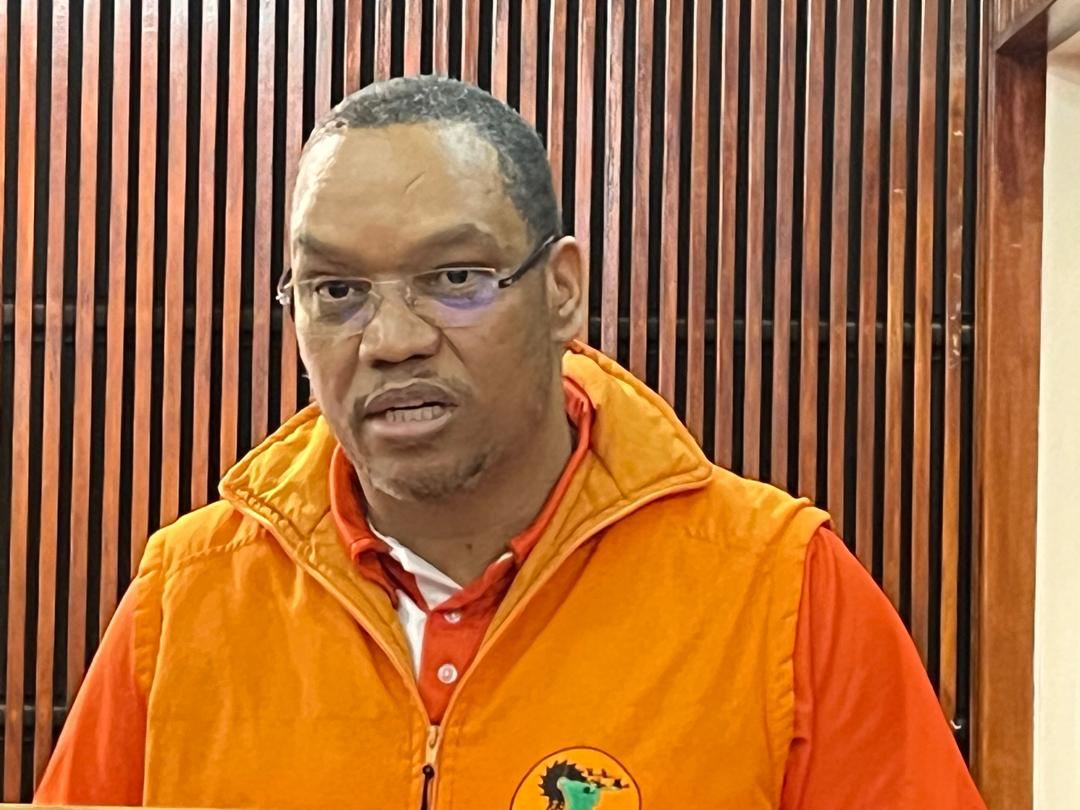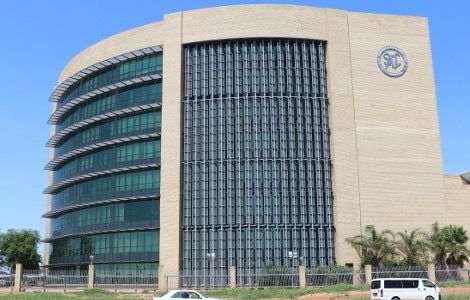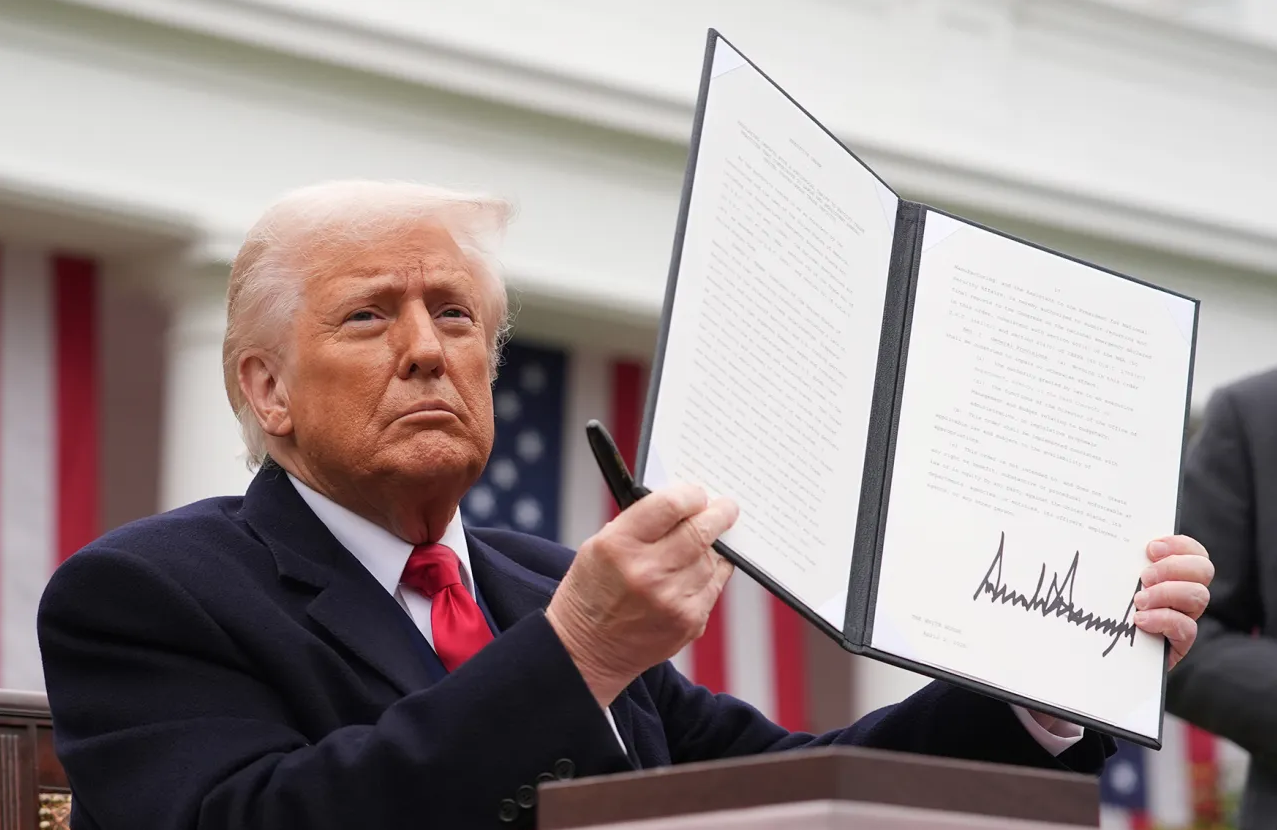OUR country claims to be proud to be a democracy. My assumption is that our pride is informed by the notion that a democracy is a government by the people and for the people.
What is implied in this view is that democracies care about the needs of their people. Failure to do so will result in the people revolting at the polls by voting a particular government out of office. Even if governments are based on democratic principles, they are likely to become indifferent to the needs of their people, particularly in the absence of a robust opposition.In the absence of an opposition, the voice of civil society, organised labour and ordinary citizens ought to fill that space. However, in our context, these agents are not heard.Why? In some instances, they are co-opted by the hegemonic ruling party or in some instances the threat of sanction, real or imagined constrain their voice.I am not raising these issues as a caveat about the state of our democracy. After all, in the interim the main foundations of our democracy seem to be in survival mode – the rule of law is guaranteed, freedom of expression is not under stress and the independence of the judiciary remains a cornerstone of our constitutional order.However, what we need to note is that at a superficial level, these indicators could be providing a positive image of a state while the state could be in decay on the all-too-important substantive outputs of the democratic process.And I believe that we are not doing too well on the substantive outputs of democracy. A caring democracy is supposed to lead to a better quality of life for citizens.Yet, after almost twenty years of independence, we are still unashamedly one of the most unequal societies in the world. Our education system has reached a state of decline when judged by the manner in which it throws young people on the streets.The rural and urban divide continues unabated with rural folk believing and hoping that the bright lights of the cities provide a panacea to the declining agricultural output and neglect of rural areas.Corruption is becoming institutionalized with the state taken hostage by private and parasitic interests.We can’t claim to be a normal democracy or country when government has accepted that it is normal for poor urban dwellers to live in shacks on the outskirts of the city.If it wasn’t normal, we would have dedicated more resources to addressing the housing challenge as opposed to providing new office space for a retired head of state and investing several billions in a new state house.Tell me of a normal country that does not believe that charity begins at home. How on earth did we reach a stage where all the major government construction contracts are in the hands of Chinese companies?Ordinarily, any caring developmental democracy would have demanded that such contracts would only be awarded after these Chinese companies tie up joint ventures with Namibians.In fact, even in China, joint ventures with Chinese companies or important technological transfers are important conditions for doing business in China.Yet, our democratic government continues to ignore calls by its own citizens and companies about the need to put its own nationals first. How do we address the plight of the majority in a substantive manner if the Prime Minister is unable to pass legislation on the empowerment of the majority?We have been waiting for more than five years for a bill that would ensure ownership of the economy by previously disadvantaged Namibians.Yet, it is seen as a normal way of conducting government business.We have fallen a few places in terms of business competitiveness, but it will be business as usual for our Cabinet and lawmakers.Worse, our businessmen and women will not even bother to call an indaba with Government to find out why we are performing badly.The point I seek to emphasise with this litany of complaints and questions is that we are now functioning in default mode.The new normal is the abnormal. Namibians, including the leadership have become way too complacent and we are somehow observing how the world is passing us by, instead of being active participants in the process of globalisation. It is time that we act before it is too late.* Alfredo Tjiurimo Hengari is a Ph.D fellow in Political Science at the University of Paris-Panthéon Sorbonne, France.
Stay informed with The Namibian – your source for credible journalism. Get in-depth reporting and opinions for
only N$85 a month. Invest in journalism, invest in democracy –
Subscribe Now!










